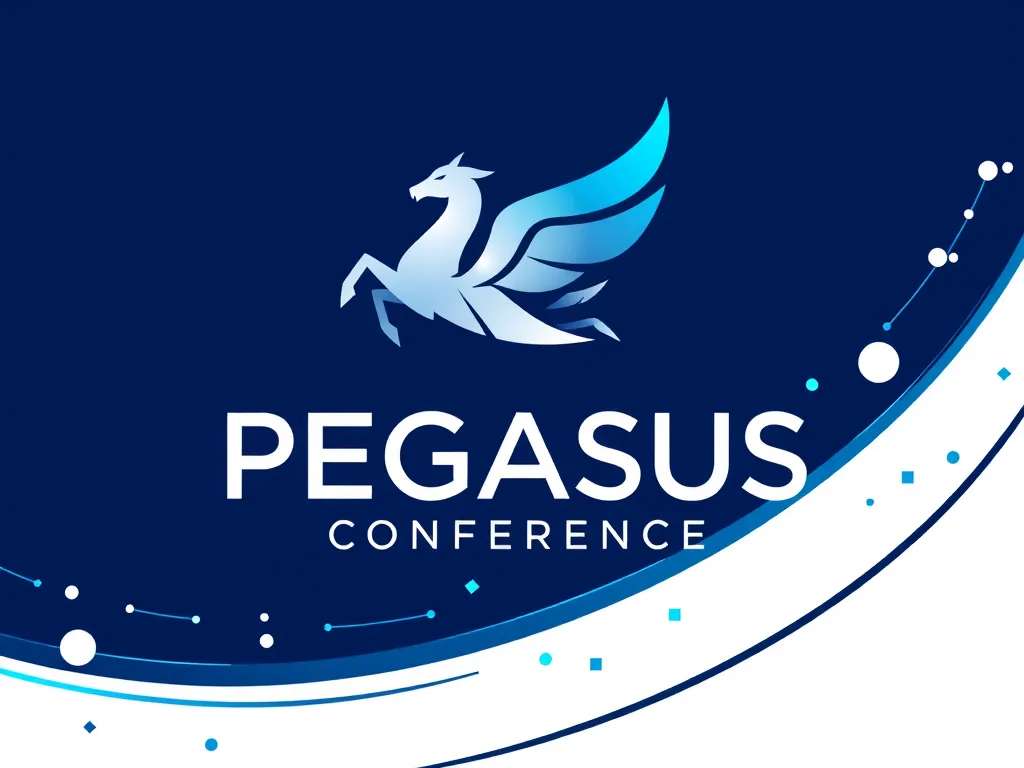Exploring Trends in the Junk Removal Industry

Trends in the Junk Removal Industry
The trends in the junk removal industry have been evolving rapidly over the last few years, driven by a combination of environmental awareness, technological advancements, and changing consumer preferences. As more people embrace the idea of decluttering their living spaces, the demand for professional junk removal services has surged. Companies in this sector are adapting to these shifts, striving to provide services that align with eco-friendly practices and superior customer experiences. This article explores the key trends shaping the junk removal industry today.
One of the most significant trends in the junk removal industry is the movement towards sustainable practices. As global environmental concerns rise, junk removal companies are increasingly adopting eco-friendly strategies. Many are focusing on recycling and upcycling materials that would otherwise end up in landfills. This not only reduces waste but also creates a more sustainable business model. Consumers are actively seeking out junk removal services that prioritize recycling and responsible disposal, leading to a significant shift in how these companies operate.
Another emerging trend is the integration of technology into junk removal services. Companies are leveraging mobile apps and online platforms to streamline operations, making it easier for customers to book services and track their junk disposal journeys. Innovations like mobile scheduling and payment systems enhance convenience for consumers, while software solutions for logistics ensure efficient routing and reduced operational costs. This tech-driven approach is setting new standards for customer service in the junk removal industry.
The junk removal industry is also witnessing considerable market growth, prompting businesses to explore various growth strategies. Franchising models are becoming popular as they allow entrepreneurs to tap into an established brand while mitigating risks associated with starting a business from scratch. Furthermore, effective marketing strategies, including digital marketing and localized advertising efforts, are essential for junk removal companies to attract and retain customers, especially in competitive markets.
An analysis by The World Bank reveals the urgent need for sustainable waste management strategies globally.
Regulation and compliance have become increasingly important in the junk removal sector. Companies are now required to adhere to national waste disposal guidelines and acquire the necessary licenses and permits to operate legally. Local regulations can greatly impact how businesses conduct their operations, emphasizing the need for continuous education and adherence to environmental impact assessments. Junk removal companies are thus focusing on best practices for hazardous waste removal to stay compliant and ensure public safety.
Eco-Friendly Junk Removal Practices
The rise of recycling in junk removal has been a game changer for the industry. Many companies are partnering with local recycling facilities to ensure that as much waste as possible is redirected from landfills. By emphasizing recycling, they not only mitigate their environmental impact but also attract customers who are passionate about sustainability. This shift is leading to a more circular economy where resources are reused rather than discarded.
In addition to recycling, sustainable disposal methods are a core focus of eco-friendly junk removal practices. Companies are now more aware of how their disposal methods affect the environment, and they are making conscious efforts to adopt practices that minimize harm. This may include donating usable items to local charities or finding specialized facilities for safe disposal of electronic waste, ensuring that harmful materials do not enter landfills.
Using electric vehicles for junk collection is another trend gaining traction in the junk removal industry. These vehicles produce fewer emissions compared to traditional gas-powered trucks, aligning with the sustainability goals of many consumers. Companies investing in electric fleets not only reduce their carbon footprint but also appeal to eco-conscious clients, enhancing their brand image in a competitive market.
Community clean-up initiatives are becoming a hallmark of reputable junk removal companies. By organizing local cleanup events, they not only contribute positively to their communities but also elevate their visibility and reputation. Such initiatives foster goodwill, demonstrating a commitment to environmental stewardship that resonates well with consumers increasingly preferring businesses that give back to the community.
Partnerships with recycling centers are proving vital for junk removal companies. These collaborations not only facilitate efficient recycling processes but also provide educational resources for clients on the importance of sustainable waste management. Such partnerships are a win-win, allowing companies to streamline their operations while simultaneously engaging customers in eco-friendly practices.
Technology Integration in Junk Removal
Innovative junk removal apps are revolutionizing how customers interact with junk removal services. These apps allow users to quickly schedule pickups, receive instant quotes, and track their junk's journey, enhancing overall customer satisfaction. As technology continues to evolve, companies that leverage these tools can better meet the needs of tech-savvy consumers who expect convenience at their fingertips.
Software for logistics and scheduling is another area of technological integration that has benefitted the junk removal industry. Advanced logistics software optimizes routes for collection trucks, reducing fuel consumption and operating costs while improving service efficiency. This technology allows companies to serve more customers in less time, maximizing their operational capabilities and profitability.
The benefits of using drones in junk assessments are also emerging as a trend in the junk removal industry. Drones can quickly survey large properties and identify junk without requiring extensive manual effort. This immediate assessment capability helps companies provide accurate quotes and saves time, making the junk removal process much more efficient and effective.
Customer relationship management (CRM) tools are becoming increasingly vital for junk removal businesses. These tools allow companies to manage customer information, preferences, and feedback more effectively. By enhancing customer interactions and personalizing service offerings, junk removal companies build lasting relationships with their clients, leading to increased customer loyalty and repeat business.
Online payment solutions are crucial for ensuring a seamless customer experience in junk removal services. Customers increasingly prefer the convenience of paying through digital platforms. Offering a variety of online payment options not only speeds up the transaction process but also improves overall customer satisfaction, fostering a more trusting relationship between businesses and consumers.
Market Growth and Business Strategies
Franchising models in junk removal are emerging as a strategic growth approach for many companies. This model allows entrepreneurs to run their own businesses while benefiting from the branding and expertise of established junk removal services. As a result, franchising is attracting individuals interested in entering the industry while leveraging proven business practices.
Effective marketing strategies are essential for junk removal businesses. With increasing competition in many markets, companies must utilize digital marketing, social media, and community engagement to stand out. Targeting specific demographics and leveraging local SEO can significantly impact business growth, leading to better market penetration and brand recognition.
Understanding the competition in local markets is critical for junk removal companies aiming to thrive. Conducting market research to analyze competitors allows businesses to identify gaps in service offerings and customer preferences. This proactive approach enables companies to tailor their services accordingly, positioning themselves strategically to capture market share.
Economic factors influencing demand for junk removal services include shifts in real estate activities, consumer spending, and environmental regulations. Economic growth often leads to increased renovations and decluttering projects, bolstering demand for junk removal services. Companies that are attentive to these trends can better predict fluctuations in demand and adjust their resources accordingly.
Customer service excellence in junk removal is a key differentiator in a competitive market. Companies that prioritize prompt service, clear communication, and considerate handling of customers' belongings are more likely to win repeat business and positive reviews. Investing in employee training and implementing customer feedback systems can enhance service quality significantly.
Regulation and Compliance in Junk Removal
National guidelines for waste disposal are becoming increasingly stringent, requiring junk removal companies to stay informed and compliant. Understanding and adhering to these guidelines is essential for maintaining operational legitimacy and protecting the environment. Companies that navigate these regulations effectively can foster trust with consumers concerned about environmental impacts.
Licensing and permits are essential for junk removal companies operating legally and ethically. Securing the appropriate licenses ensures that businesses comply with local and national regulations, instilling confidence in consumers who seek responsible disposal services. This aspect of compliance is vital for long-term success and sustainability in the industry.
The impact of local regulations on business operations cannot be understated, as these can dictate everything from pricing structures to the types of waste materials that can be collected. Junk removal companies need to remain adaptable to comply with these regulations while continuing to meet customer demands efficiently.
Environmental impact assessments are increasingly required for junk removal companies to evaluate their operations' effects on local ecosystems. Conducting these assessments not only aids in compliance with regulations but also helps companies identify areas for improvement in their sustainability practices, thereby enhancing their market positioning and public perception.
Best practices for hazardous waste removal are becoming crucial in the junk removal industry, as improper disposal can have severe environmental consequences. Companies are focusing on staff training and specialized handling of hazardous materials, ensuring compliance with regulations while protecting public health and the environment.
Consumer Trends in Junk Removal
The shift towards decluttering and minimalism is reshaping consumer behavior in junk removal. Many individuals are now prioritizing a simpler lifestyle, prompting increased demand for professional junk removal services to help them eliminate unwanted items. As minimalism gains popularity, companies that understand this trend can tailor their marketing and services to meet the needs of these consumers effectively.
Increasing awareness of eco-conscious disposal habits is driving consumers to seek out junk removal services that align with their values. Many customers are now prioritizing companies that emphasize recycling and sustainability in their operations. This shift towards eco-friendly expectations is reshaping the industry's landscape and driving competition among businesses.
The demand for professional services is on the rise, as more consumers choose to hire junk removal companies over undertaking DIY projects. The convenience, efficiency, and expertise offered by professionals significantly outweigh the perceived cost savings of handling junk removal on their own. Companies that highlight these advantages in their messaging are likely to attract more business.
Social media influences consumer choices significantly. Junk removal companies utilizing social media platforms to showcase their services, customer success stories, and eco-friendly initiatives can build a strong online presence that resonates with potential customers. Engaging content and regular updates keep consumers informed and interested in the business.
Consumer feedback and reviews are shaping the industry, influencing prospective customers' decisions heavily. Companies that actively solicit and respond to reviews can leverage this feedback to improve their services and enhance client satisfaction, establishing a strong reputation in a competitive market.
